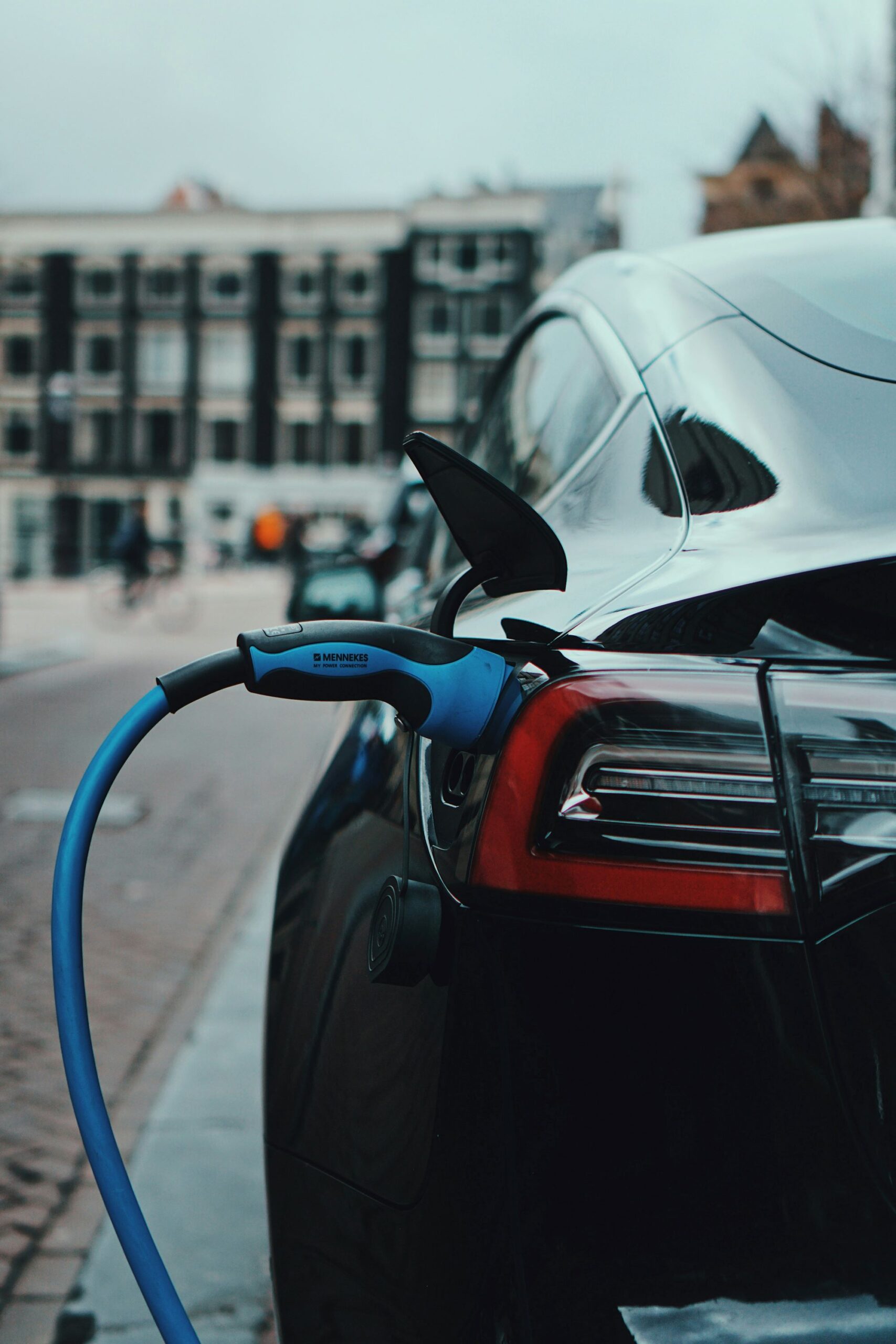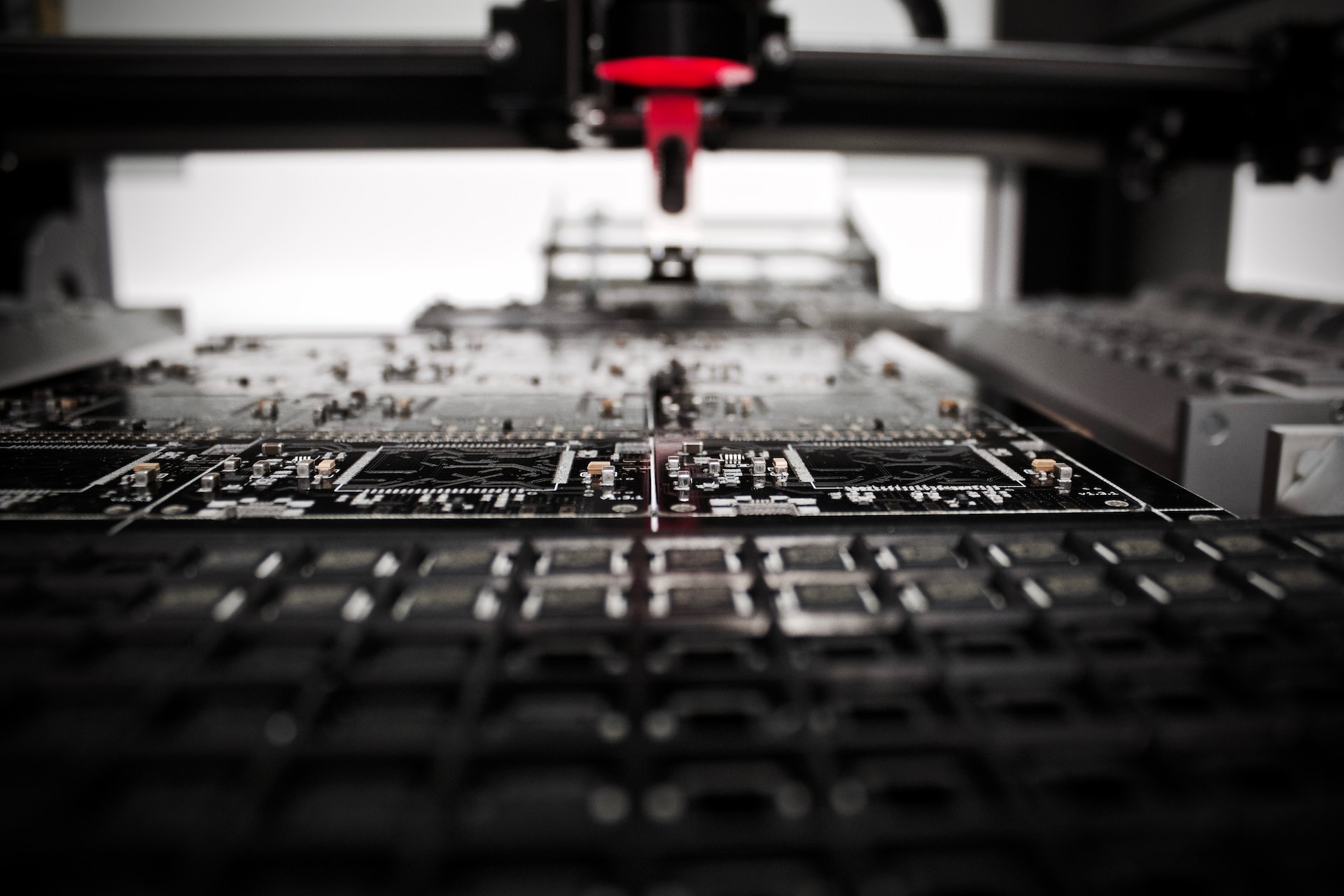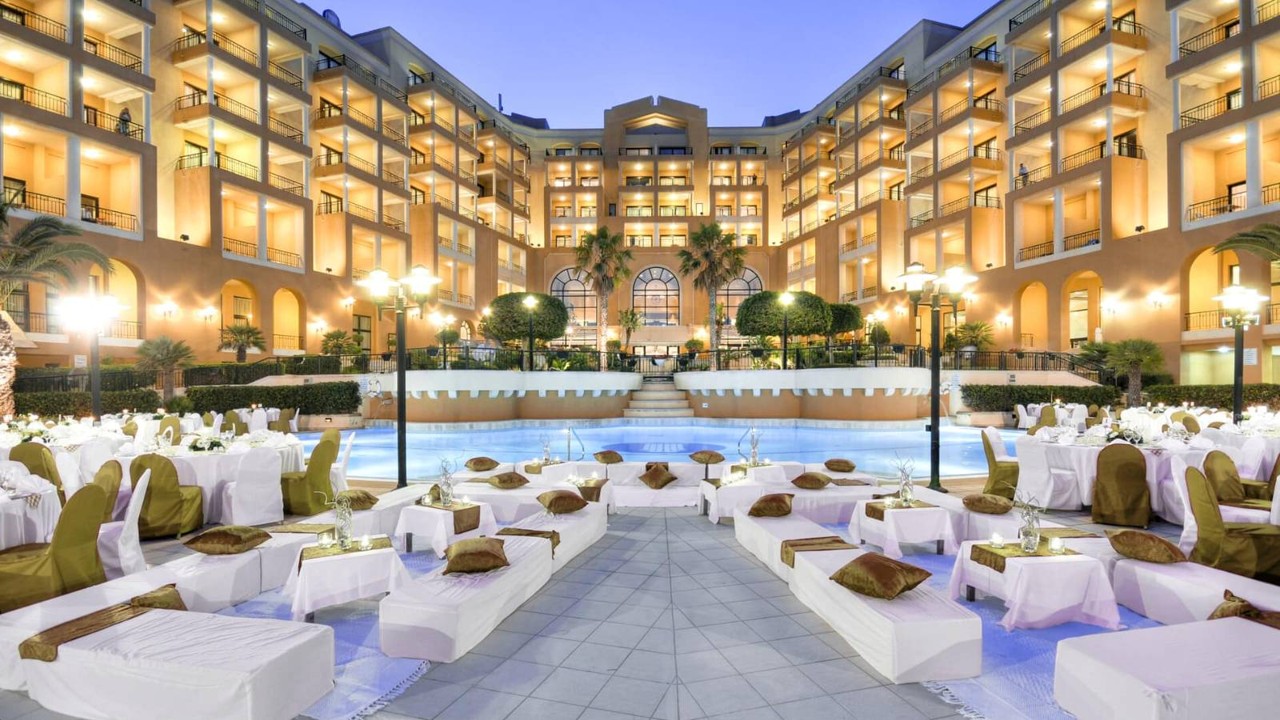Electric vehicles (EV) importers and enthusiasts state the European Commission’s initiatives to impose hefty tariffs on China imported and produced EVs will largely impact its CO2 emission goals.
Last week, Member States voted in favour of passing the European Commission’s tariffs on electric vehicles produced and imported from China.
The introduction of imposing harsh tariffs stems from concerns that Chinese EVs are being sold at low prices because of government subsidies. In turn, The European Commission notes that this gives Chinese companies an unfair advantage over European manufacturers.
Commenting on the imminent implementation of the tariffs, Founder and Moderator of EV Malta Community Luke Zammit, tells MaltaCEOs.mt that it is important to understand the context behind tariffs and that despite the intention to favour European automakers, some are against them.
Mr Zammit shares that the Chinese Government started pushing EV use around 20 years ago, 10 years before the EU showed interest.
In that decade, he adds, China gained significant advantage on the market, not only in terms of labour but also when it comes to resources and components that are needed to build an EV battery.
“Subsequently, the Chinese Government introduced subsidies not only for prospective buyers but also those that manufacture,” he says.
Now, he remarks, the EU is claiming that European automakers are disadvantaged “which might be the case.”
However, he acknowledges that various European manufacturers are afraid of the repercussions, notably because they are heavily reliant on the Chinese market. Despite having to sell EVs at a higher price, “European brands’ business is dependent on sales in China.”
“If the Chinese Government decides to retaliate, European companies stand to lose much more than China and that is why there was a situation where many were against the tariffs,” Mr Zammit remarks.
He believes that the EU should tap into its funds and “subsidize the cost of producing an EV at the manufacturing level in Europe.”
Ultimately, he adds, if the EU’s intention is to reach the no petrol and diesel sales target by the stipulated date, countries need to find a way forward “and Chinese cars were a stepping stone in reaching that target.”
Back in 2022, the European Parliament had approved the ban on new petrol and diesel cars in the European Union (EU) from 2035.
Asked to react on the development, Stefan Deguara, CEO of GasanZammit Motors – the local agent for Chinese electric vehicle maker BYD – notes that the EU’s tariff hike could increase costs for European consumers, potentially slowing the adoption rate of affordable EVs.
Furthermore, he also points out that as a result to price hikes, the tariff adoption rate could slow the transition to greener technologies “and result in a number of EU countries missing electrification targets.”
According to Stephen Aquilina, General Manager at LeapMotor’s official importing company, Motors Inc, it is important for the company to have a market that benefits all Europeans and a fair global playing field.
“This new structure will increase the costs of Chinese brands and bring European manufacturing into a more competitive position. Nevertheless, the price, quality and technology features presented by Chinese manufactured vehicles will not be so readily available to the end user,” Mr Aquilina remarked.
Malta votes against tariffs
Although the vote ultimately supported the European Commission’s position, reaching a decision was not straightforward. While the vote results were not made public, diplomats informed Euronews that 10 countries voted in favour, 12 abstained, and five — including Malta and Germany, one of the world’s largest car manufacturers — voted against.
- In favour (reflecting 45.99 per cent of the EU population): Bulgaria, Denmark, Estonia, France, Ireland, Italy, Lithuania, Latvia, Netherlands and Poland.
- Abstained to vote (reflecting 31.36 per cent of the EU population): Belgium, Czech Republic, Greece, Spain, Croatia, Cyprus, Luxembourg, Austria, Portugal, Romania, Sweden, and Finland.
- Against (reflecting 22.65 per cent of the EU population): Germany, Hungary, Malta, Slovenia and Slovakia.
How will the tariffs be imposed?
The EU already has a standard 10 per cent import duty for cars. Now, on top of the duty importers are facing additional rates raging from 17 per cent to 35.3 per cent.
Here is how car brands will be charged:
- BYD: 17 per cent
- Geely: 18.8 per cent
- Companies that cooperated with EU such as Always Automobile Co Ltd, BMW Brilliance Automotive Ltd, Leapmotor Automobile Co ltd: 20.7 per cent.
- SAIC Group, Including companies like SAIC Volkswagen Automotive Co Ltd and all other companies that did not cooperate with the EU: 35.3 per cent
- Tesla: In this company’s case, the EU set an individually calculated rate. Initially the EU had listed it under the 20.7 per cent category but cut the tariff to nine per cent and later re-lowered to 7.8 per cent. The EU attributed the change in rates as it had determined that it does not benefit from state aid as much as Chinese competitors.
It should be noted that while Tesla is produced by an American company, it has a Gigafactory in Shanghai.
Cooperation with the EU, in this case, refers to companies that have provided new information.
Fears of a looming trade war
Despite Europe-based companies breathing a sigh of relief, in hopes of having a better chance of competing with the Chinese EV market, many raised concerns that these tariffs will spark a tit-for-tat trade war, not only with regards to vehicles.
In fact, last year China had launched a probe into imports of EU brandy, dairy and pork products, worrying European cognac and pork producers. However, China had announced that it would not pose any provisional tariffs on EU-imported brandy.
Furthermore, the Chinese Government started discussions on the possibility of raising import duties on large-engine gasoline vehicles. If put into effect, this would largely impact German producers.
Money laundering expert calls for anti-bribery officers within Government entities
Investor confidence needs to be won ‘by going the extra mile’ to fight financial crime, says Ambrose Muscat.
Global CEO confidence hits five-year low as AI returns lag – but Maltese leaders signal resilience
The question is whether Malta’s resilience today could mask the need for faster transformation tomorrow.
Michel Cordina, Luca Vella join CPHCL Board of Directors
Both appointments bring over 60 years of combined experience in law and banking.
JP Fabri named Country Director for CWEIC
He is expected to support greater engagement between Malta and other Commonwealth economies.









